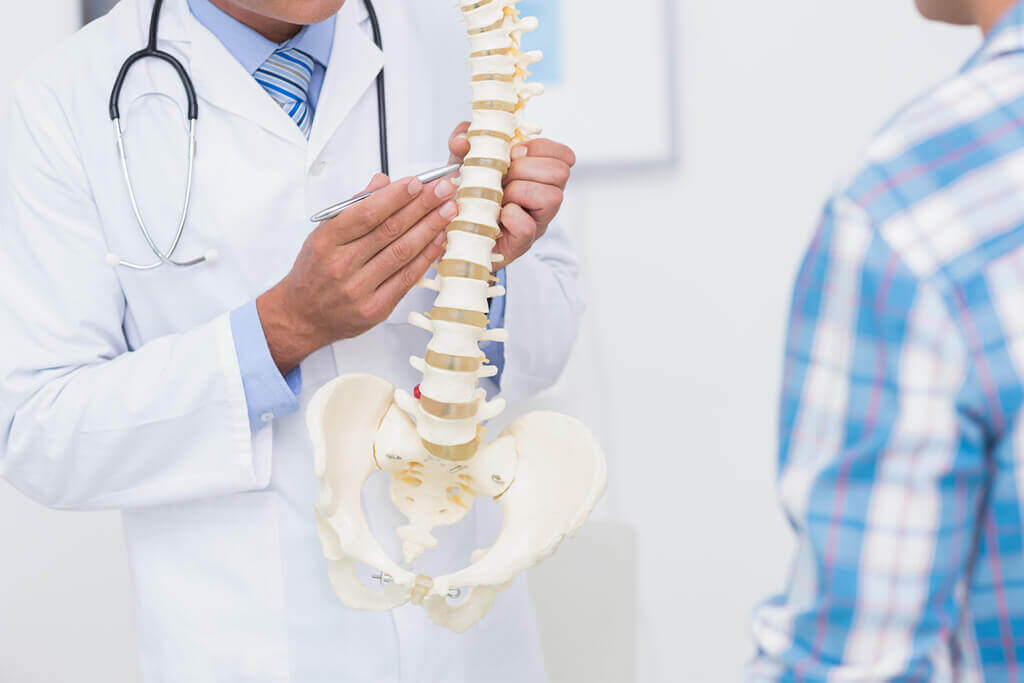Pregnancy: An Overview- Early Signs and Symptoms
Introduction
Anatomy
The fertilized egg develops a placenta to receive nourishment from the mother and an embryonic sac that surrounds the embryo. The embryo develops vital organ systems and grows into a fetus. The fetus continues to develop and increase in size. After about nine months, the baby enters the world through vaginal birth or cesarean section.
Causes
Ovulation typically occurs about 10 days before the start of a woman’s menstrual period. However, ovulation may occur at any time during the month. A woman can even get pregnant during her period. It is also possible for pregnancy to occur if penetration does not take place, but sperm cells are near the vaginal opening.
Women who are planning on becoming pregnant should visit their doctor for a prenatal checkup. It is important to start prenatal vitamins before pregnancy takes place and have your doctor evaluate the medications that you are on. Some medications may interfere with a healthy pregnancy and a substitute medication may be used. Your doctor may also make recommendations to help ensure a healthy pregnancy.
Symptoms
Early symptoms of pregnancy may include frequent urination, feeling tired, and feeling sleepy. You may feel nauseous with or without vomiting or increased saliva. You may experience heartburn, indigestion, gas, constipation, and bloating. You may crave certain foods and avoid other types of foods. Your breasts may feel fuller or tender. Your emotions may fluctuate. You may be more irritable, irrational, or tearful.
Diagnosis
Your doctor will confirm your pregnancy and evaluate you for any potential problems that may need monitoring. You should let your doctor know what prescription medication you take and your medical history. Your doctor will prescribe prenatal vitamins and can recommend a healthy eating and activity level for you during pregnancy. Your doctor will determine a schedule for follow-up appointments as your pregnancy progresses.
Treatment
Prevention
If you are pregnant or considering becoming pregnant, prenatal care is very important to ensure a healthy pregnancy. Make and attend all of your doctor appointments and follow your doctor’s recommendations.
Am I at Risk
Girls that have gotten their periods and women that are menstruating but have not reached menopause may become pregnant by sexual intercourse or assisted reproductive methods. Contraception or birth control can help to prevent pregnancy during sexual intercourse, but it is not a guarantee that pregnancy will not take place.
Complications
Advancements

Copyright © - iHealthSpot Interactive - www.iHealthSpot.com
This information is intended for educational and informational purposes only. It should not be used in place of an individual consultation or examination or replace the advice of your health care professional and should not be relied upon to determine diagnosis or course of treatment.
The iHealthSpot patient education library was written collaboratively by the iHealthSpot editorial team which includes Senior Medical Authors Dr. Mary Car-Blanchard, OTD/OTR/L and Valerie K. Clark, and the following editorial advisors: Steve Meadows, MD, Ernie F. Soto, DDS, Ronald J. Glatzer, MD, Jonathan Rosenberg, MD, Christopher M. Nolte, MD, David Applebaum, MD, Jonathan M. Tarrash, MD, and Paula Soto, RN/BSN. This content complies with the HONcode standard for trustworthy health information. The library commenced development on September 1, 2005 with the latest update/addition on February 16, 2022. For information on iHealthSpot’s other services including medical website design, visit www.iHealthSpot.com.


